Podcast: Play in new window | Download
Subscribe: Apple Podcasts | Spotify | Amazon Music | Android | iHeartRadio | Email | TuneIn | RSS | More
In this episode, we relish the emotions and imagery depicted in Sangam literary work, Natrinai 39, written by Maruthan Ilanaakanaar, set in the lush ‘Kurinji’ landscape or the mountainous regions. The words are said by the man to the lady, expressing those fervent feelings on beholding his love.


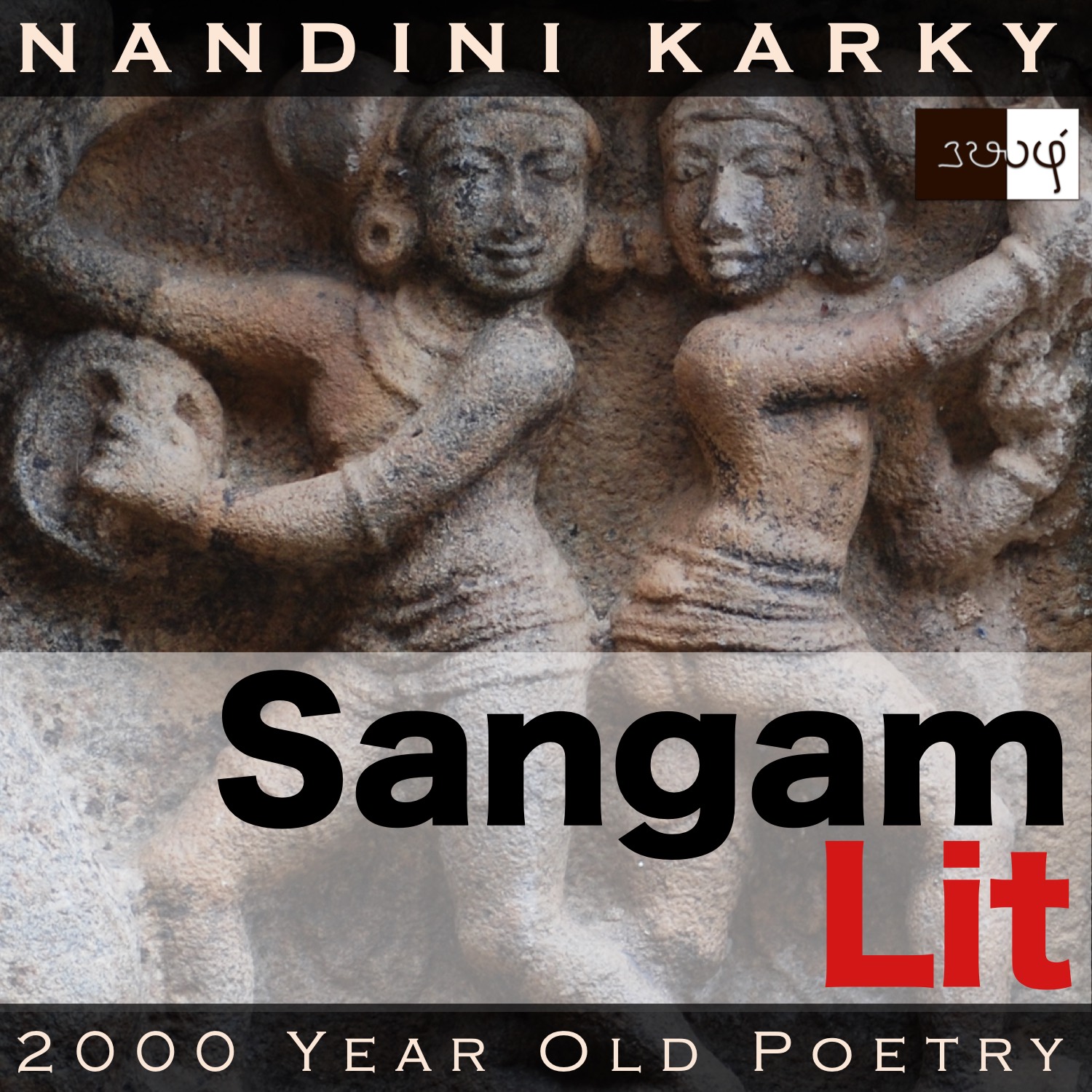
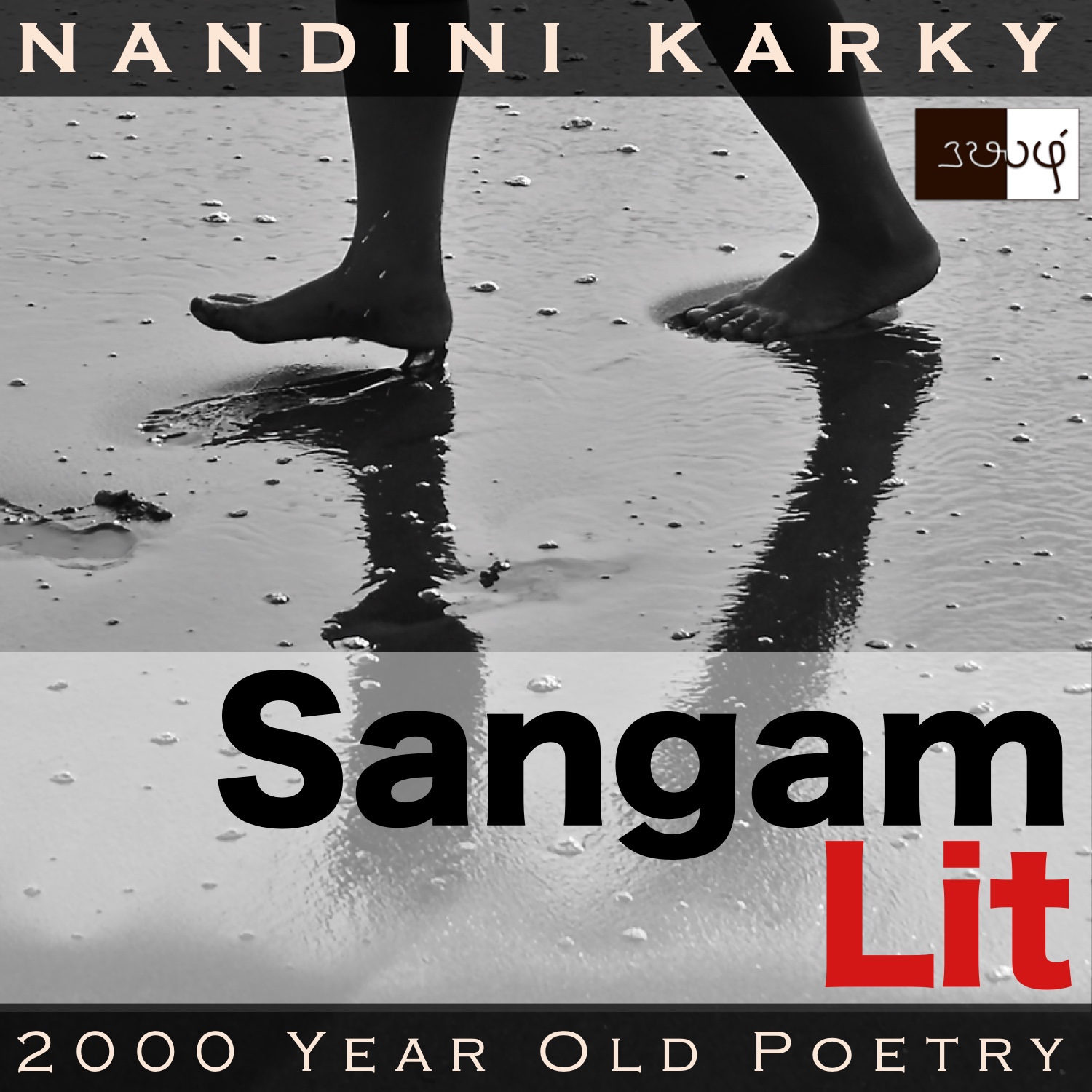

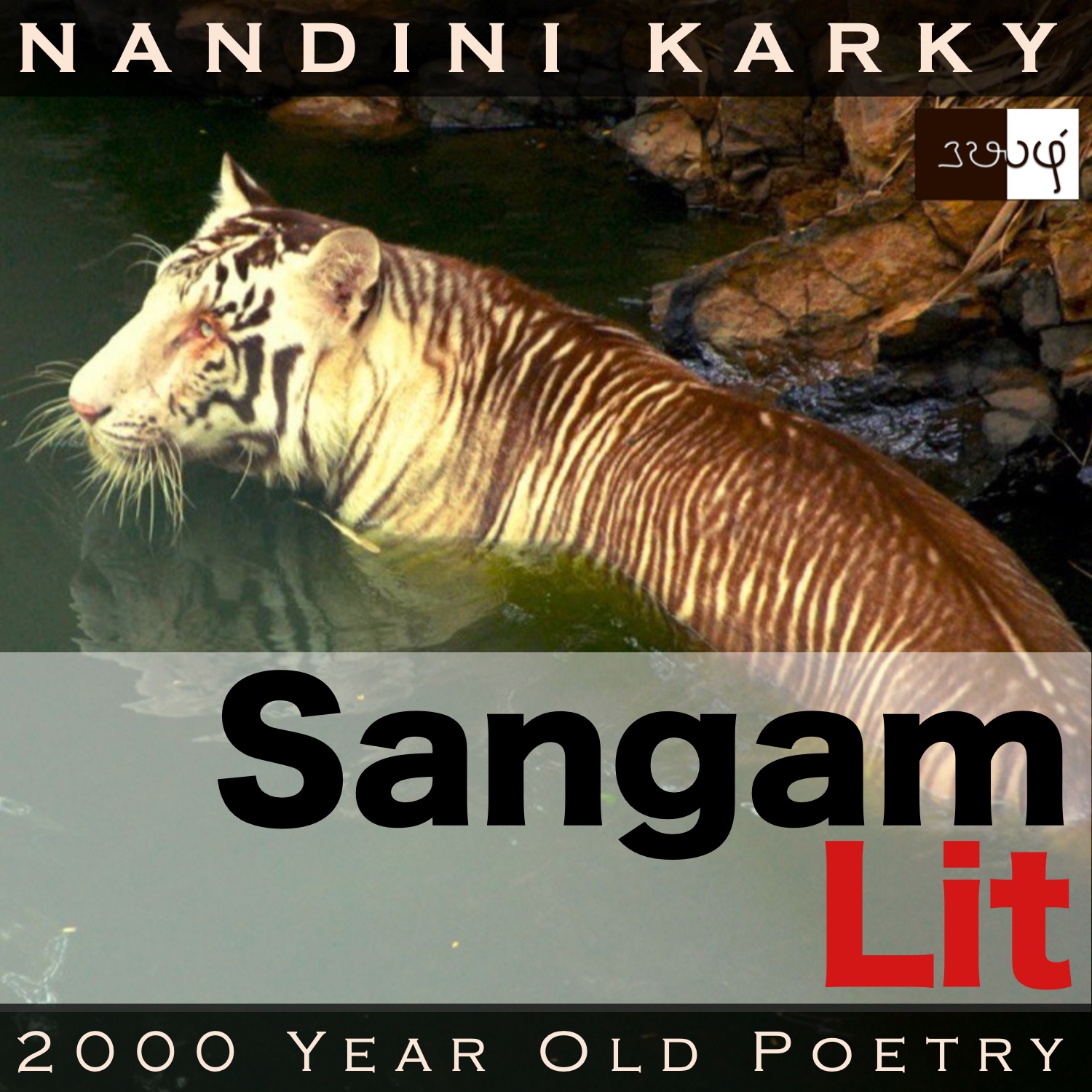


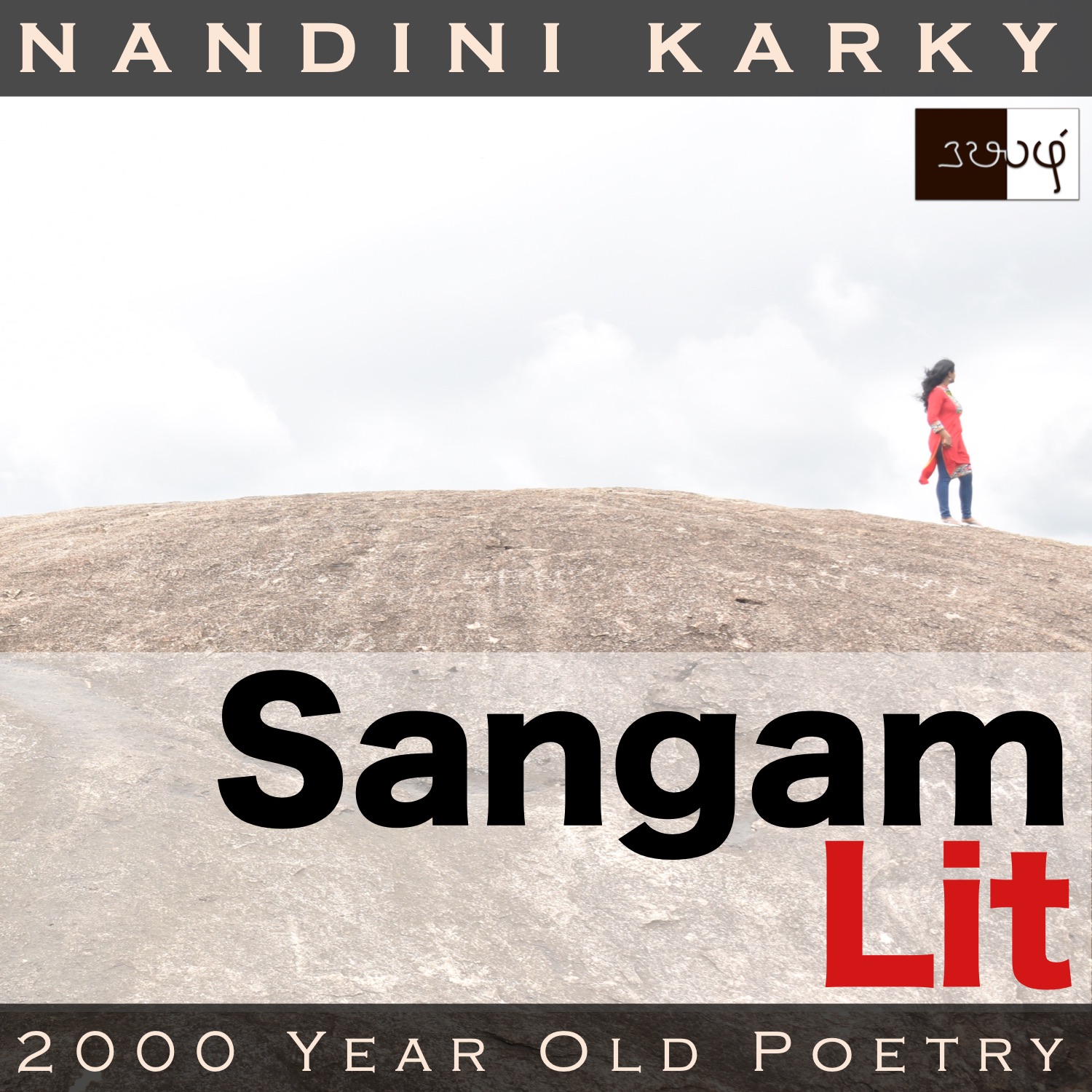
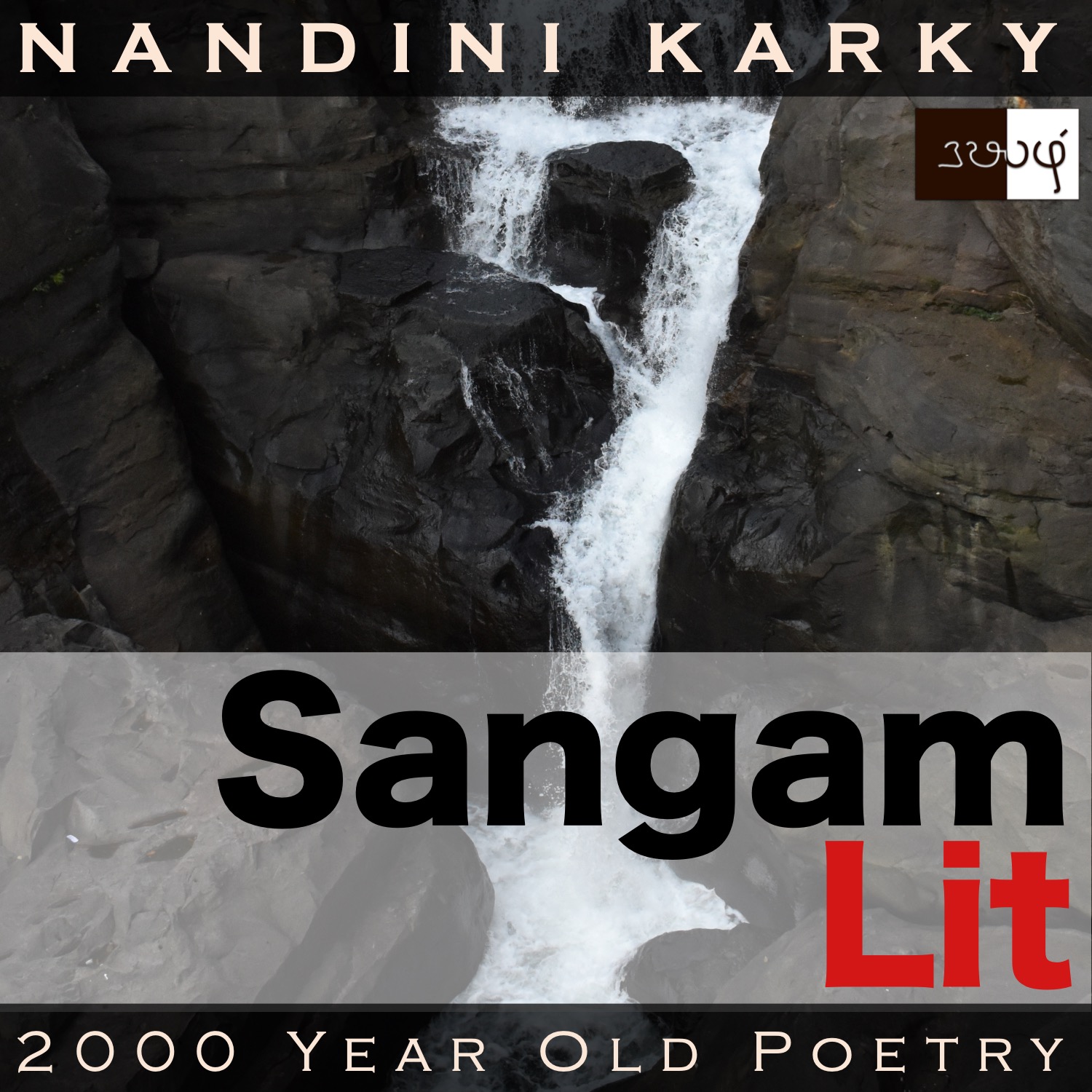
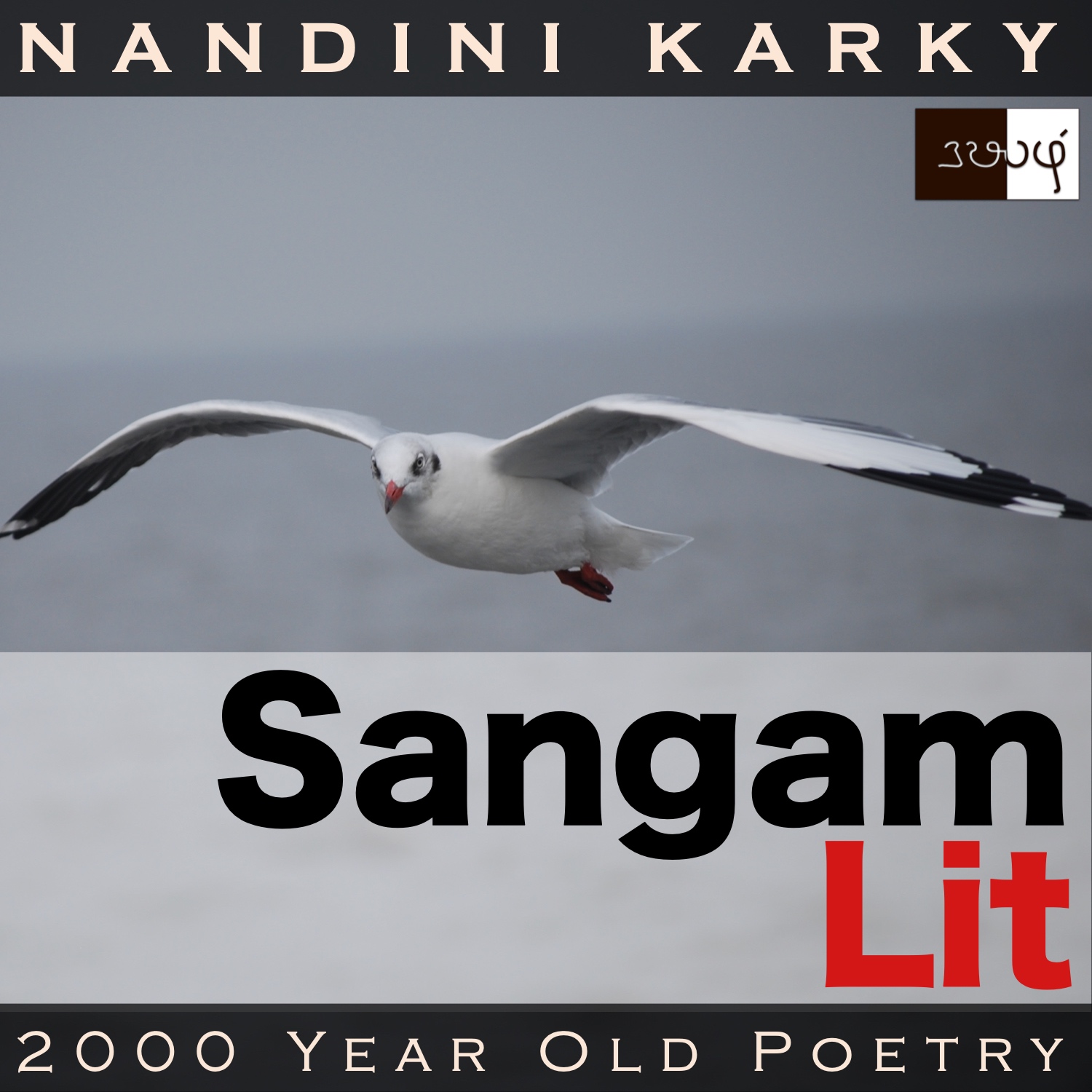
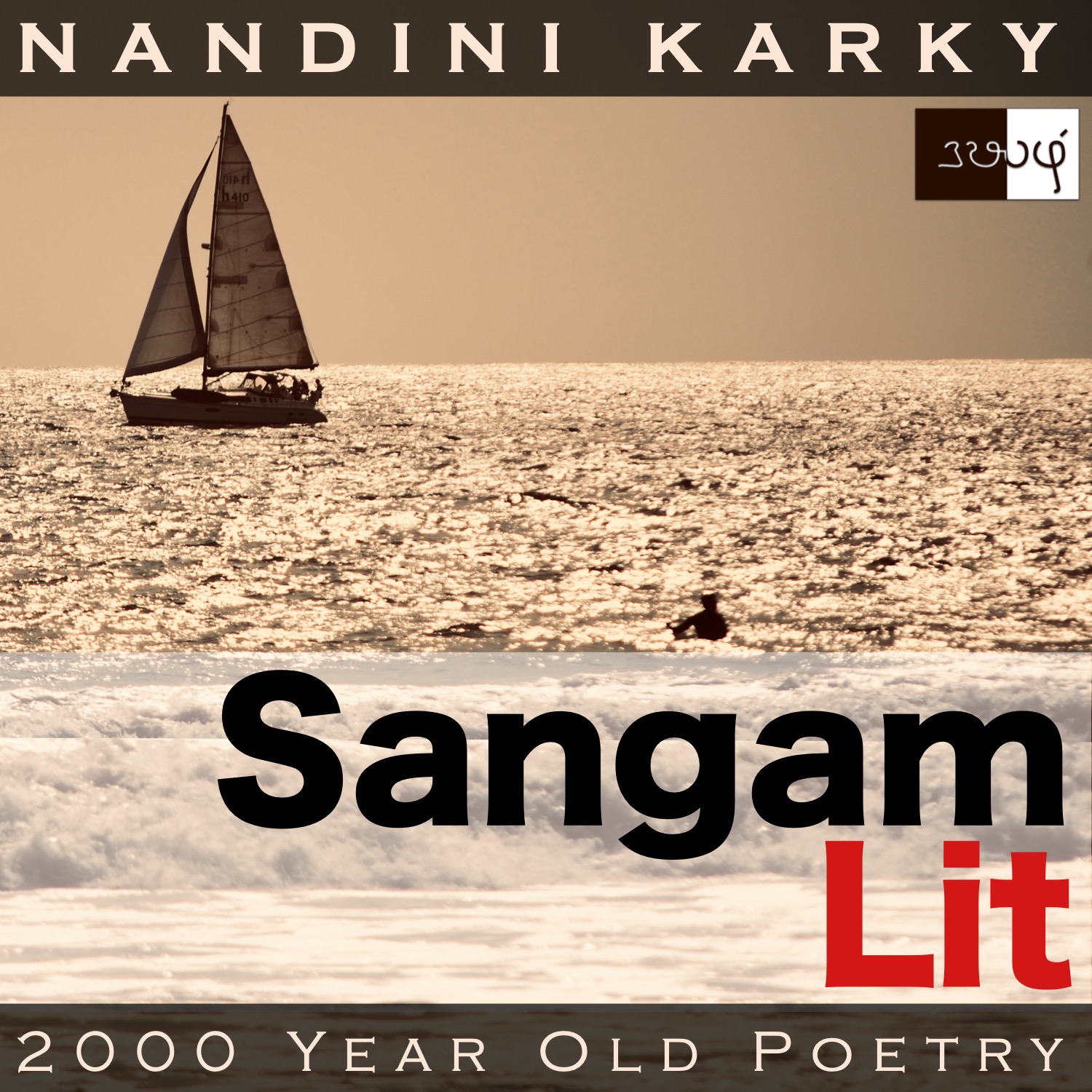
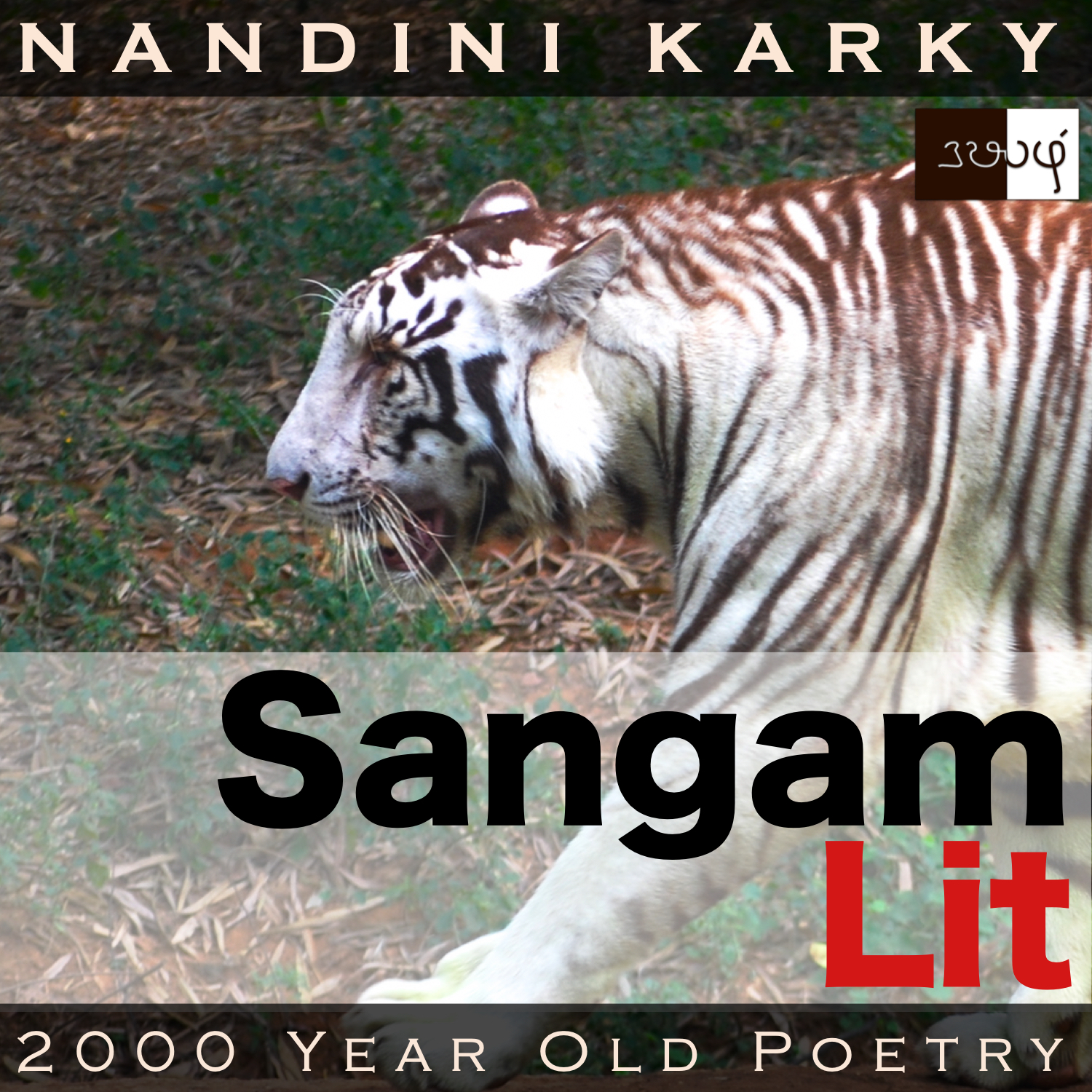
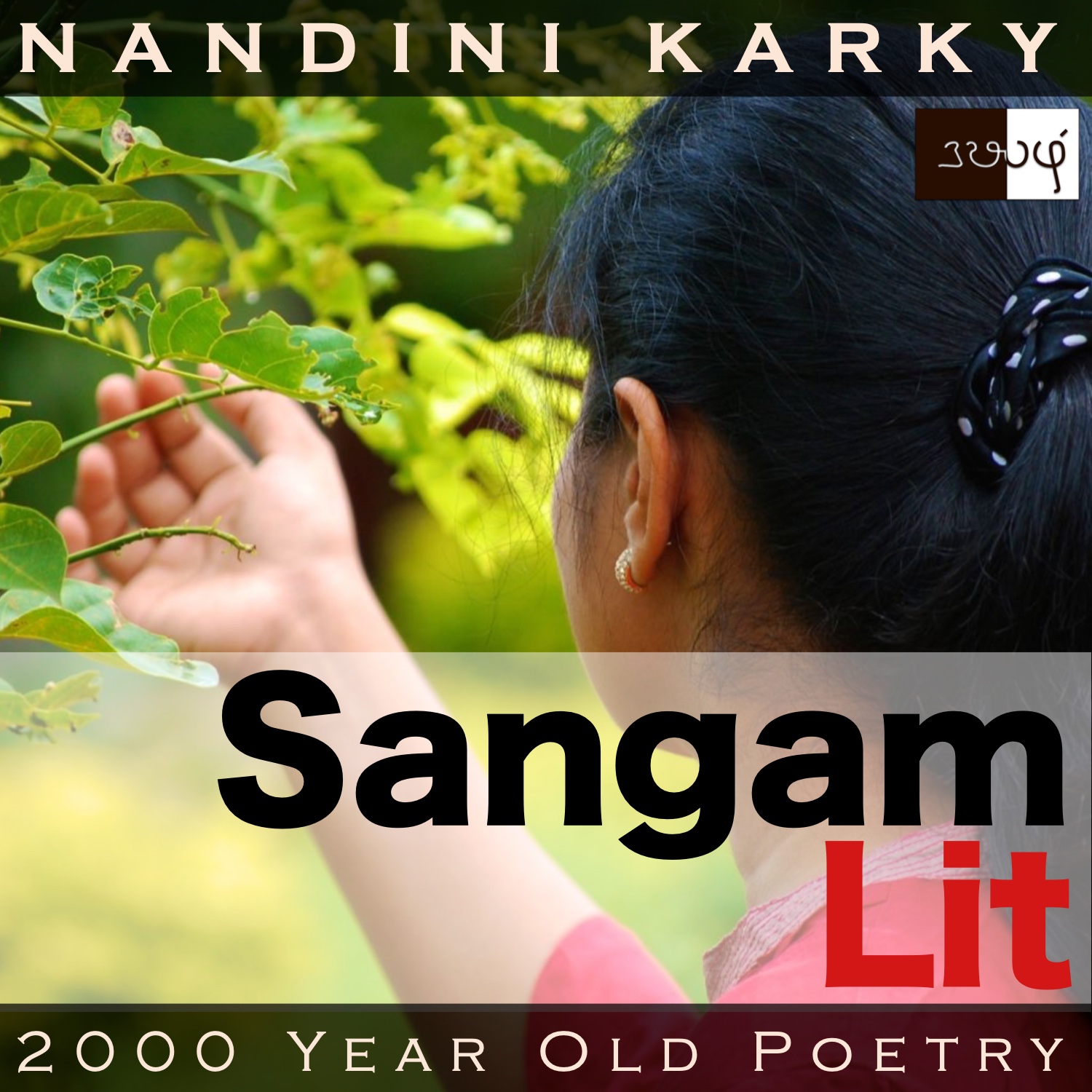
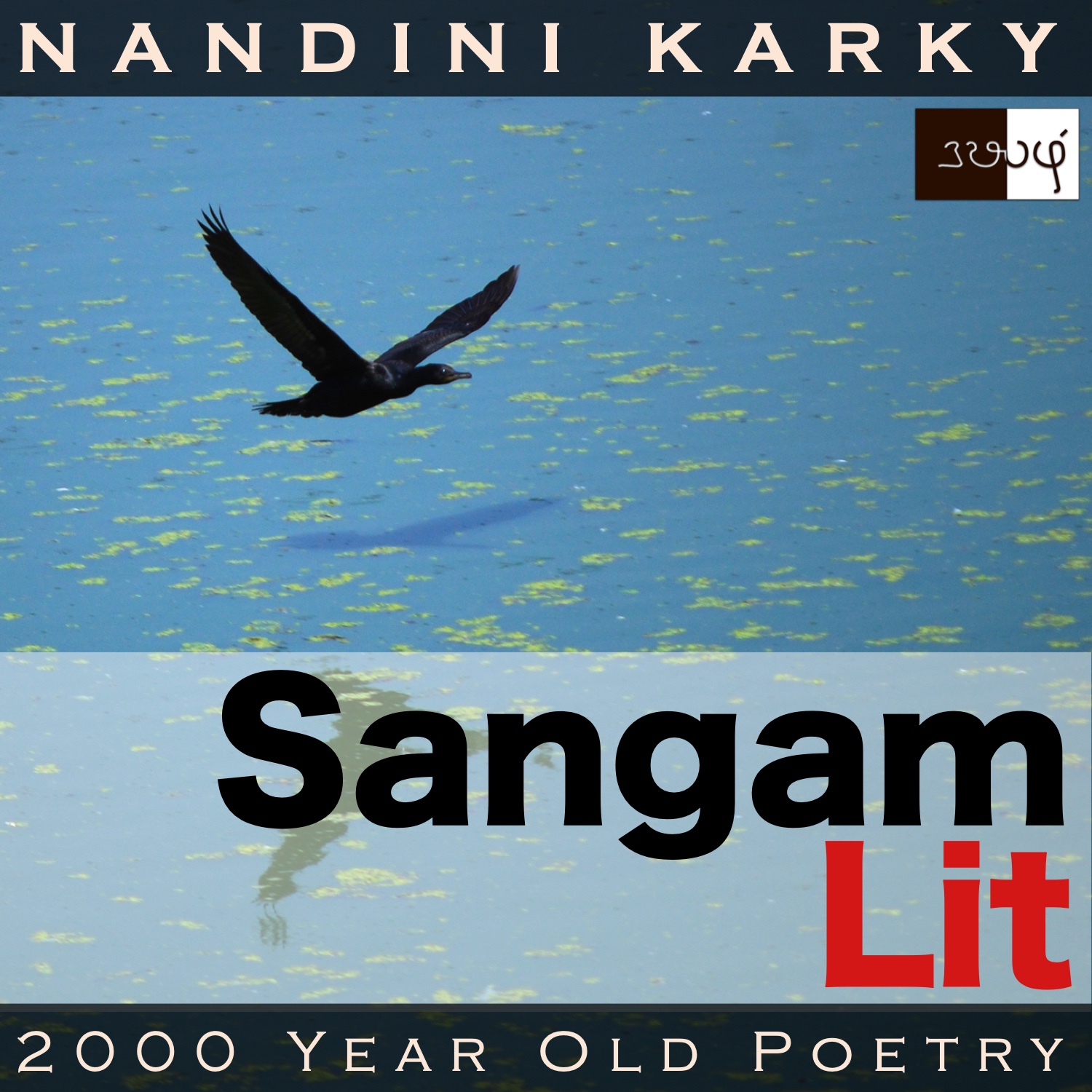
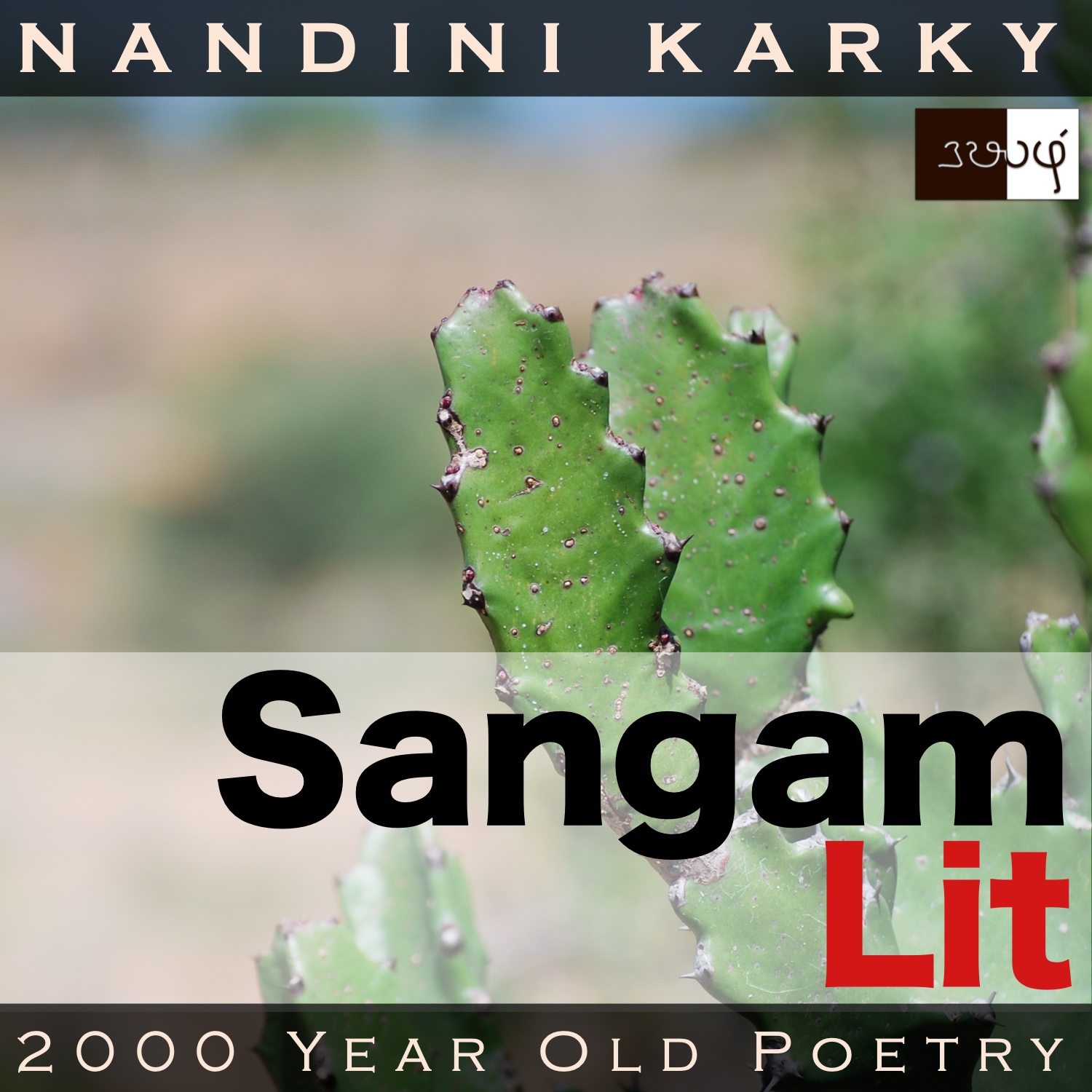
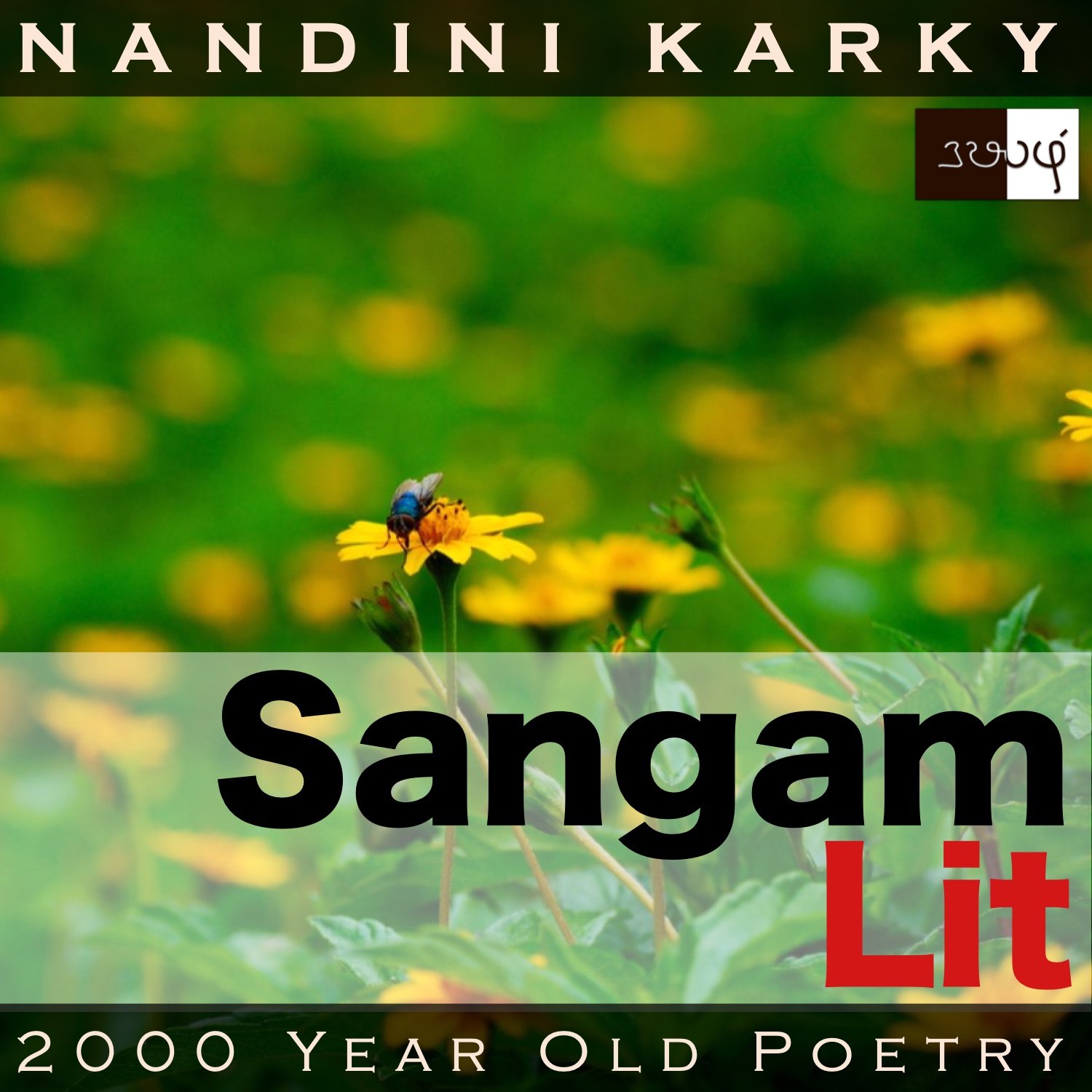
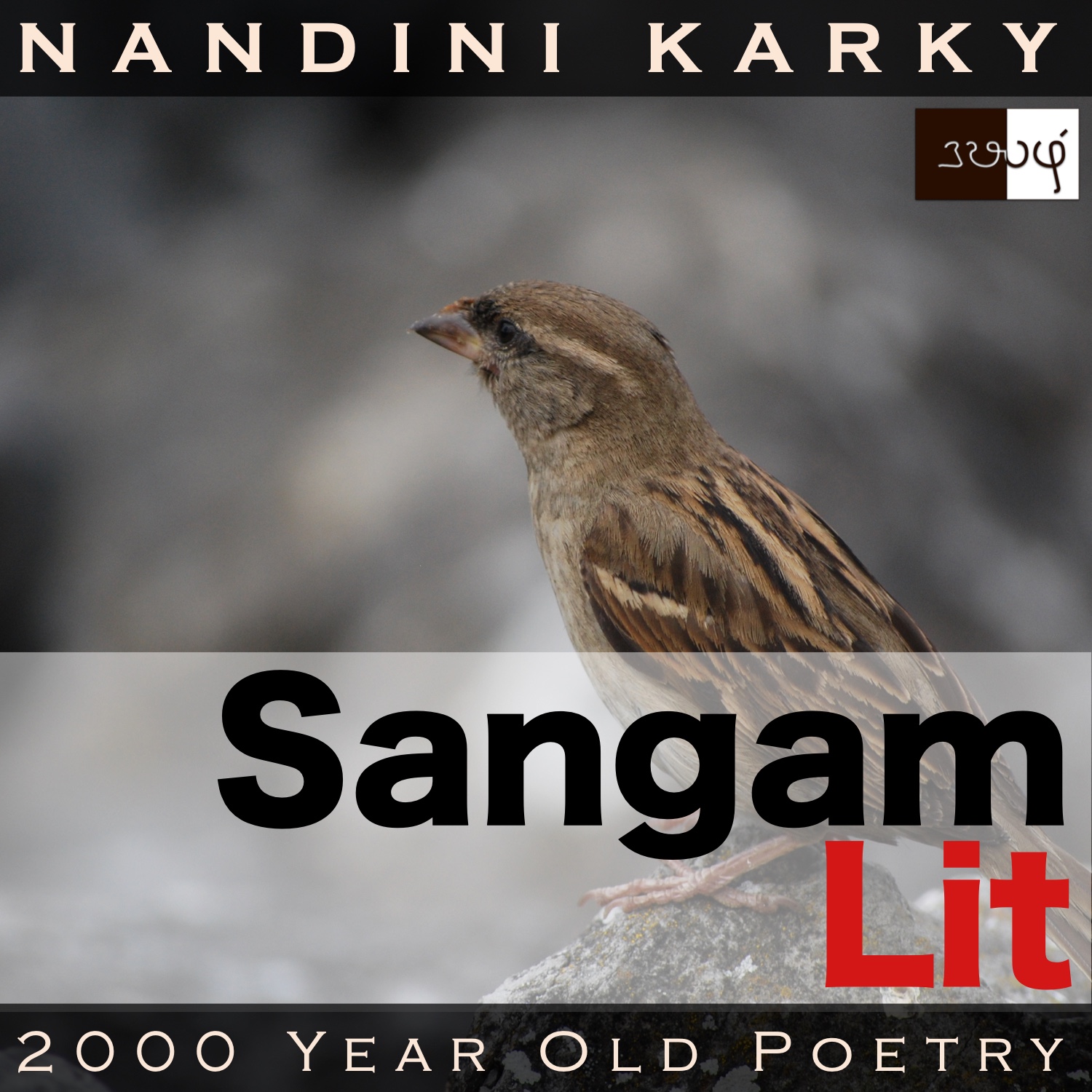
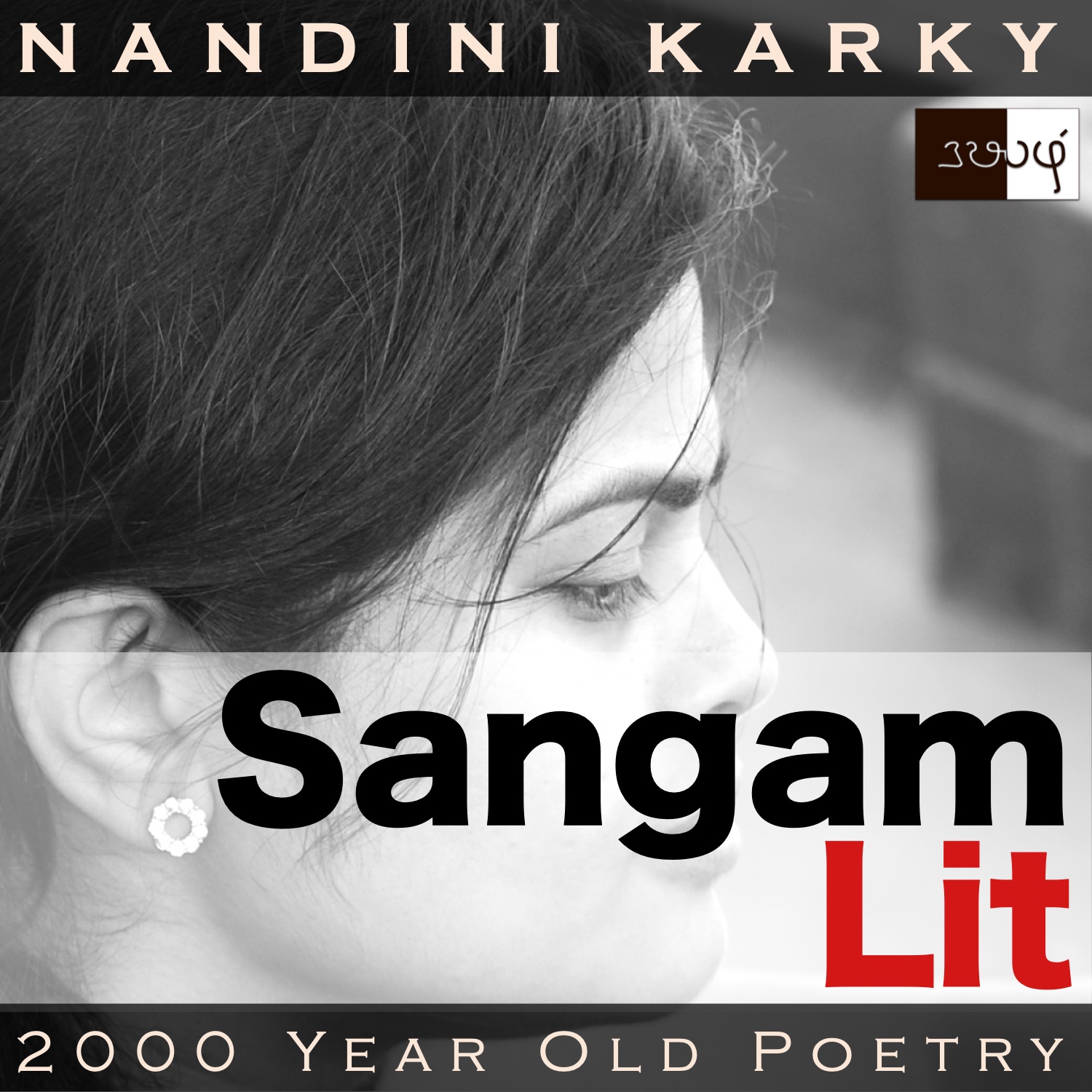


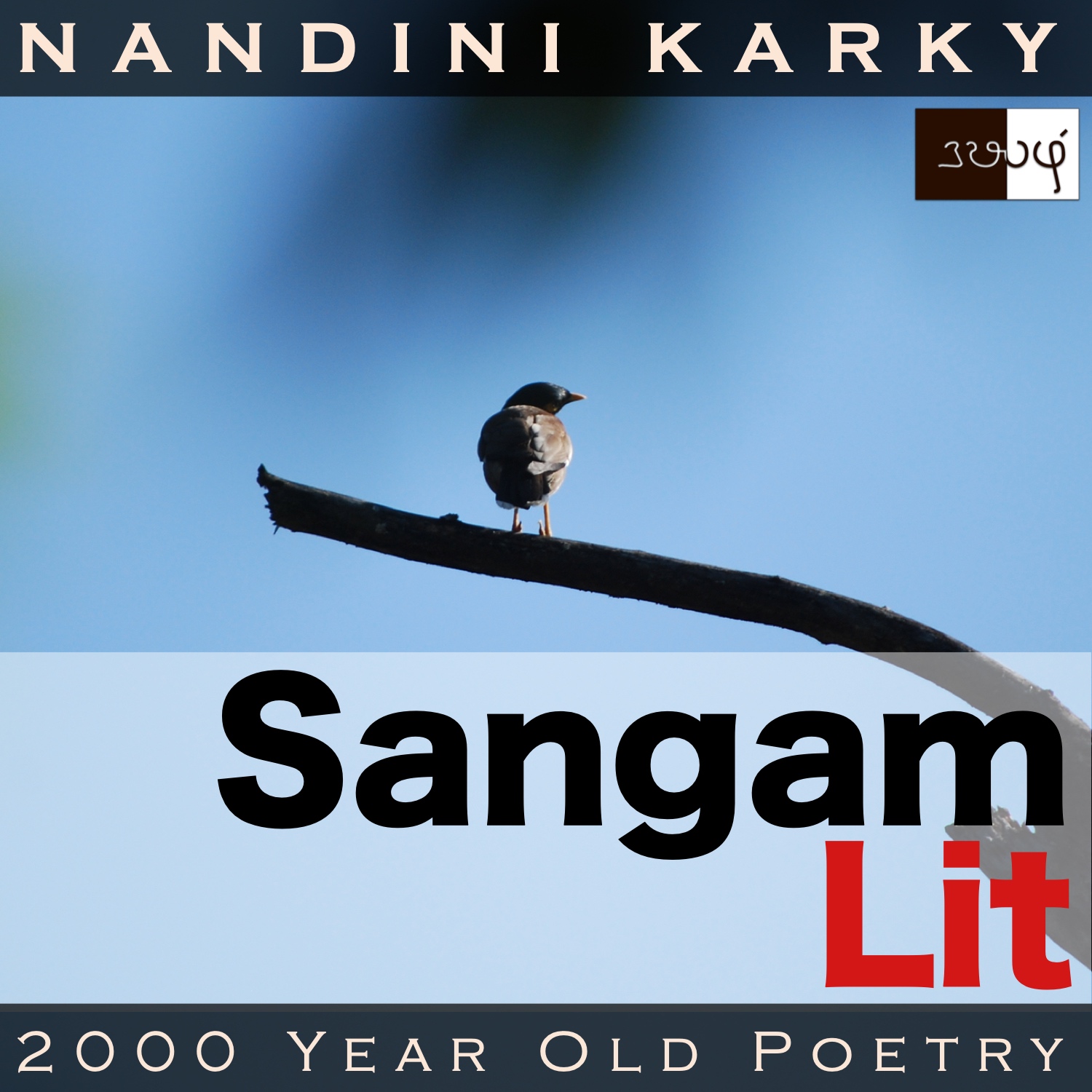


Recent Comments